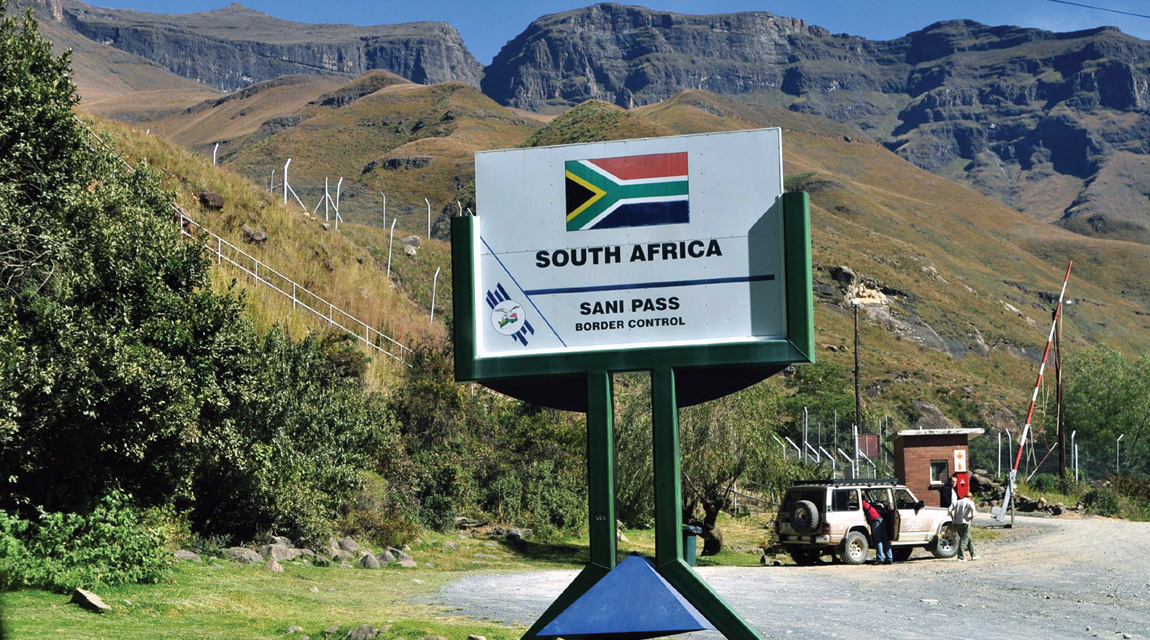A (Beit)bridge too far

A Border Management Authority (BMA) makes a lot of sense, but this could undo much of the progress made to date.
Hidden among other news in 2018 was the slow progression of the Border Management Authority Bill. First envisioned in 2009 and passed in 2017, the Bill dictates the creation of a Border Management Agency (BMA) to take control of South Africa’s numerous borders.
In theory, the BMA makes a lot of sense. Currently, border management of goods and people – as well as border protection – is split into various functions, with each function administered by a combination of the South African Police Service (SAPS), the South African Revenue Service (SARS) and the Department of Home Affairs (DHA). Bureaucratically, a single organisation would streamline border operations and cut down on redundancies.
Of course, this is all theoretical.
The first problem comes in removing SARS from the border-management process, which could have enormous knock-on effects. SARS has spent decades developing institutional knowledge of the pricing and classification of imports to assign appropriate import duties.
This would also undo much of the progress SARS has made into developing a single, integrated revenue system. It would also come at a time when the agency has missed collection targets, which has severely hindered the country’s ability to borrow further.
Second, the performance of the DHA has left much to be desired. The saga over tighter tourism regulations introduced under former (and current) Minister of Home Affairs, Malusi Gigaba, struck a heavy blow to the tourism industry, which was, until recently, one of the few bright economic prospects. This was before any other aviation scandals, or previous indiscretions, during his time as minister of public enterprises.
It is reasonable to assume that a new border agency will be a significant downgrade in ensuring that our borders run effectively. The impact of this is likely to be felt severely by many transport operators.
Years have been spent developing a “one-stop border post” to improve the flow of goods through the land borders, like Beit Bridge or Lebombo, for the benefit of retailers and companies operating in neighbouring countries. However, they should expect to see delays and inefficiencies, particularly as returning vehicles face downtime across the border while waiting to be processed.
While estimates have it that only ten percent of customs duty is physically collected when goods are cleared, further distancing SARS from the customs clearing process will most likely increase the opportunity for corrupt activities, bribery, misidentification, or incorrect payment of customs charges. This will ultimately lead to greater transport costs and lower revenue for SARS.
Published by
Sam Rolland
focusmagsa




